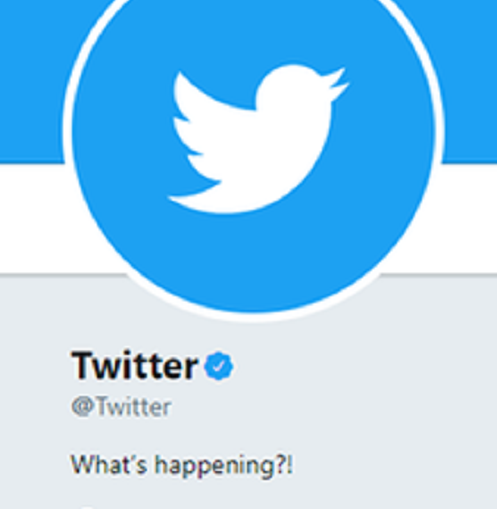While social media can be a useful tool for socialization and activism, social media platforms, such as Twitter and Facebook, can give users a tunnel vision of information made to support their own viewpoints, potentially leading to the polarization of opposite ends of ideological spectrums.
Since the COVID-19 pandemic, the use of social media has increased dramatically. Now, it’s even more important than ever to be aware of the content one consumes as well as the effect that it has on a person’s psyche.
According to a 2019 Pew Research study, “55% of U.S. adults now get their news from social media” at least “often” or “sometimes.”
“Social media is the new form of news,” said an anonymous FCC. student. “If something happens in the world it’ll show up in my twitter moments.”
Given the fact that social media is built to pull in what users are interested in, opposing views are rarely if ever shown. This means that users are more likely to be shown news and information that is biased towards their own views.
This fact is made worse by the subconscious bonds people form with the celebrities and accounts that users follow. When a person sees information that is presented to them by a friend, they are less likely to verify the source of the information.
This concept extends to celebrities that people follow. When a user follows someone like-minded, especially a celebrity, they form a type of one-sided(para-social) relationship with that person. In their mind, it functions like a real relationship, and they are less likely to question what the popular creator may state as fact.
Celebrities have a very large following, therefore information they choose to promote will have a large reach.
This is extremely helpful in cases of internet activism, such as the formation of protests and the spread of firsthand information. However, if someone decides to spread false, or misleading information, it could sway the views of society.
This was a particular concern in the 2016 election, where a Russian government related individual spread a misinformation campaign under a seemingly U.S. source, which influenced the views of voters.
This same tactic could be used in any situation, since the structure of social media platforms facilitate the spreading of information.
During this contentious time in American history, it is more important than ever that we stay aware of what information we chose to believe.
Being informed citizens and verifying sources of information should be common practice for anyone who uses viral social media platforms.
“Until they become conscious they will never rebel, and until after they have rebelled they cannot become conscious.”
― George Orwell, 1984

